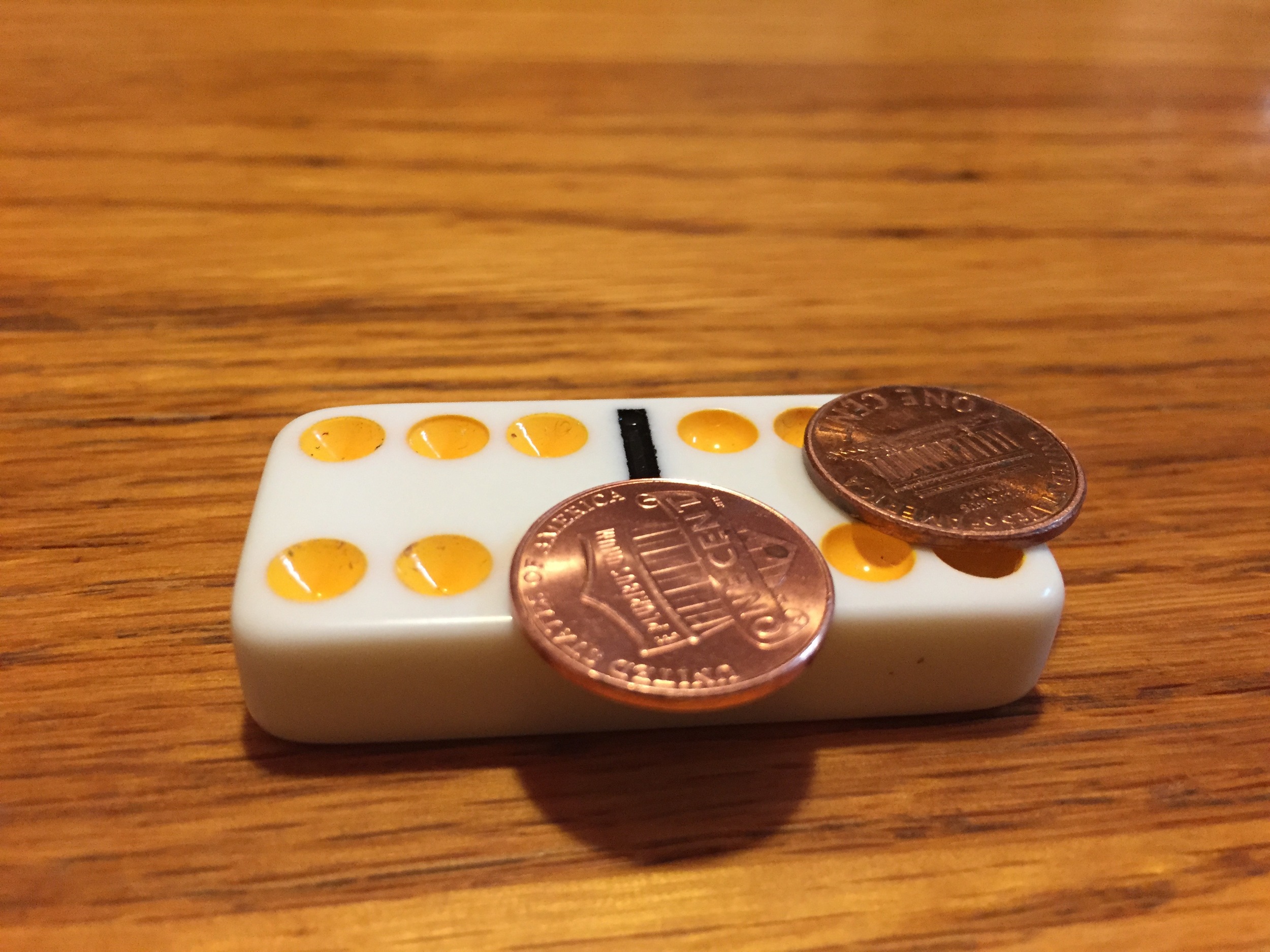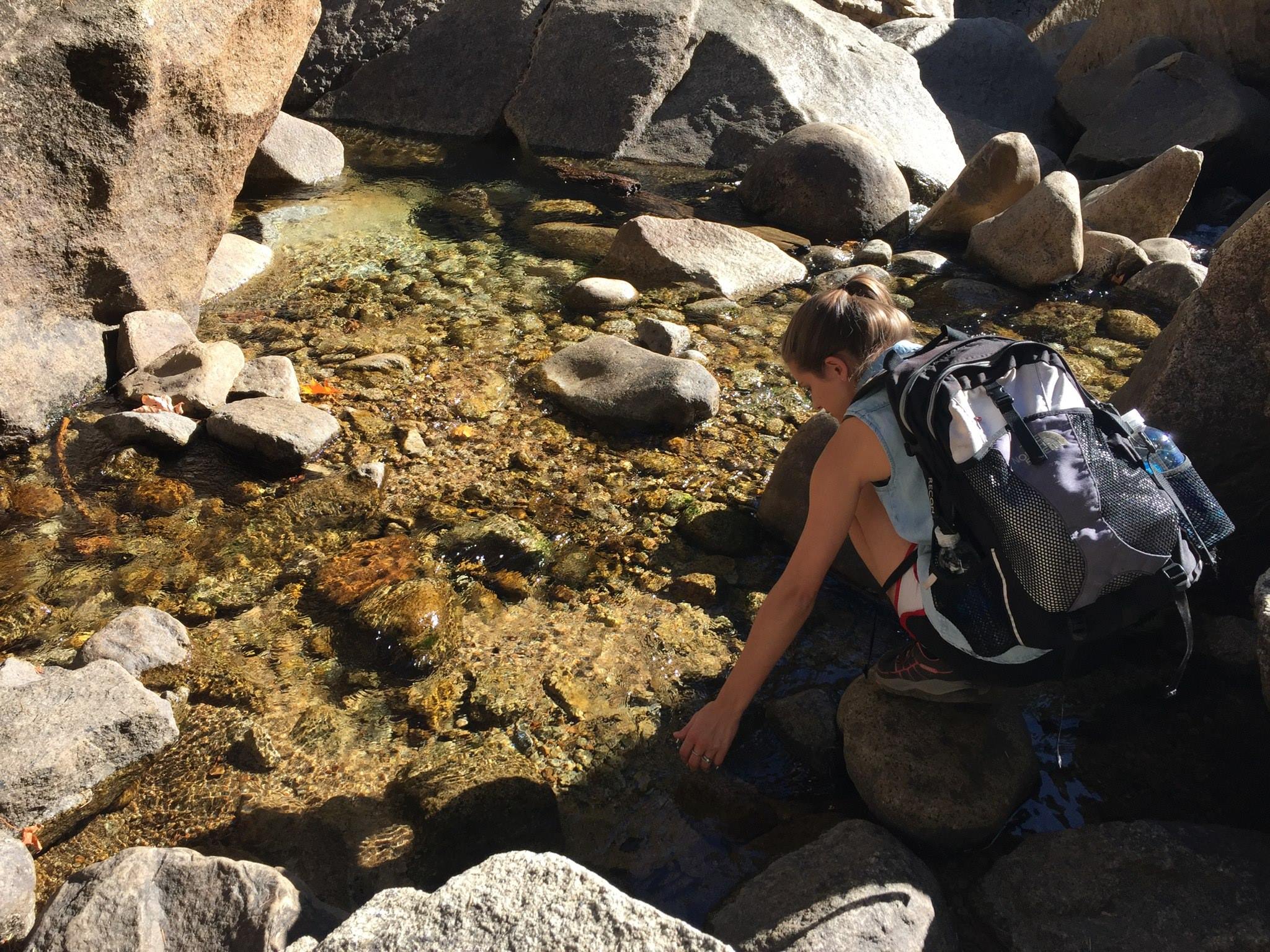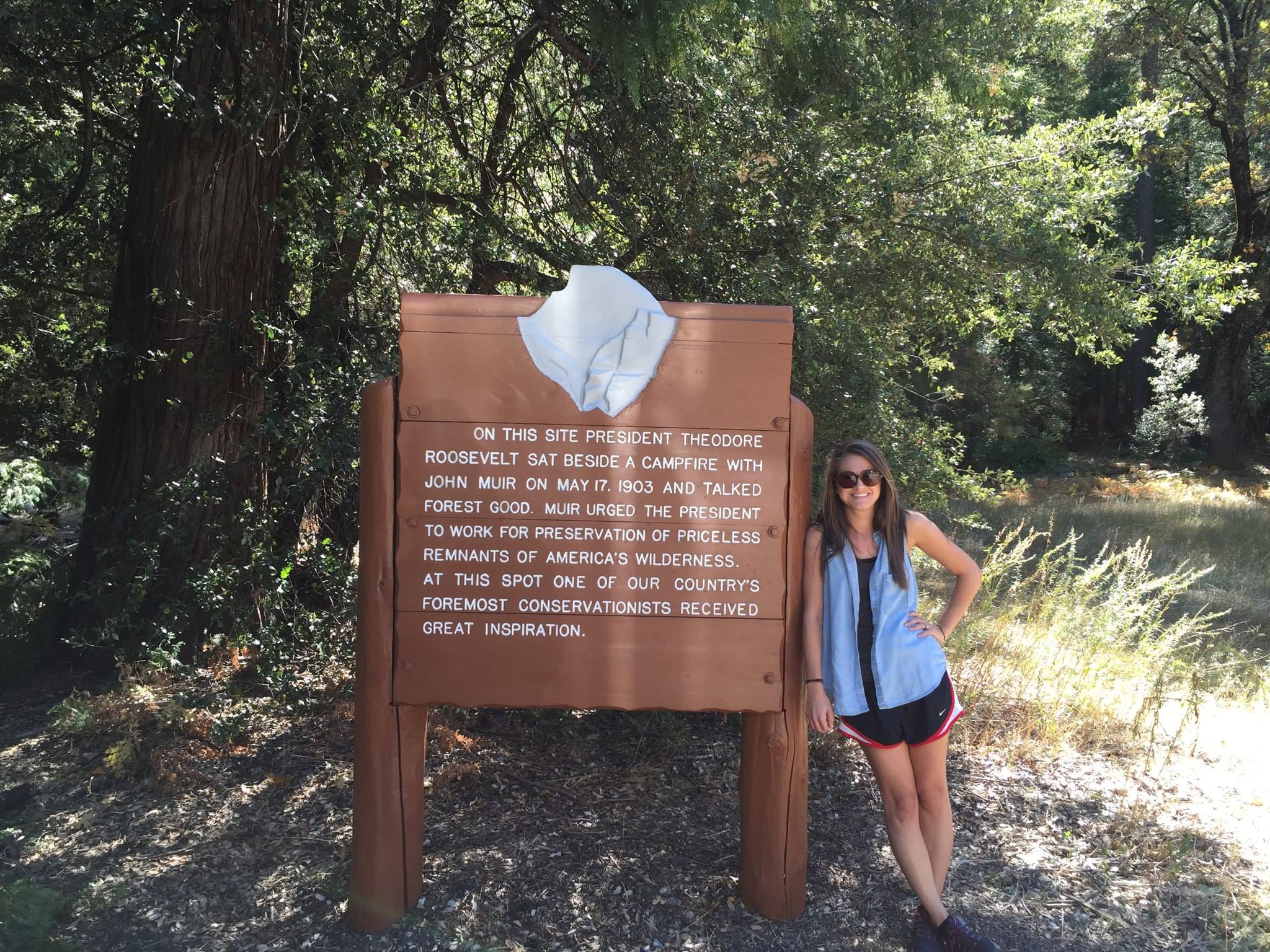Montessori in the Home: A Guide for the New Year
As I welcome the New Year, I find myself reflecting on my passions, my interests, and my goals. I consider myself to be a lifelong learner. This world is big, and I long to explore it all, leaving no stone unturned. So, I'm excited about a new year that will bring with it new experiences and opportunities for growth.
I am also thinking about the kiddos I get to work with every day and am excited about what this new year has in store for them. My hope is that they will enjoy learning just as much as I do. I constantly ponder new ways that I can support my students' education and exploration in the classroom. My goal is to encourage their curiosity and to inspire them to seek out new information and knowledge. Like any true Montessorian, I try to offer the children the keys to the universe.
But right now, it is the words of parents that ring in my ears. Naturally, parents want the very best for their children, and they want to know what they can do to best support their child's education at home. Is there a workbook or a textbook that they can use to extend their child's schoolwork into the home?
I don't believe that workbooks, textbooks, or assigned homework is the answer. They might help with rote memorization; they might provide busywork to keep a child away from prolonged bouts of passive television watching; but they will not encourage a child to love learning. Quite the contrary, I believe that those are often the very things–along with standardized testing–that stifle a child's curiosity and cause them to doubt their ability.
So then, how can parents support their child's education at home in a way that stays true to what we do in the elementary Montessori classroom?
My advice?
Experience is often the best teacher. Children learn by doing.
With these thoughts in mind, I have put together a list of recommendations that, I believe, will truly benefit any child's education.
Volunteering. Let your child think up ways to volunteer his or her time and energy in order to serve the community. Offer suggestions and ideas–making holiday cards to hand out at a local nursing home, picking up litter at a beloved park, donating unused clothing or toys to a shelter. Introduce your child to local organizations and charities they can take part in. It's important that the child choose a project that resonates most on a personal level. Volunteering is a great way for young people to learn the importance of community involvement and to gain the realization that their actions can make a difference.
Cooking & baking. This is truly a practical life skill that everyone should learn. Simply provide a recipe book, and your youngster can take it from there. Following the directions in a recipe is reading comprehension at its finest! Your child will learn the ins and outs of shopping for the ingredients. At some point, it will be necessary to convert cups to ounces or figure out how many grams are in a teaspoon. And as your budding chef becomes familiar with the tastes & aromas of various herbs & spices, he or she will eventually grow bold enough to think outside of the recipe, creatively putting a unique spin on a classic dish. Preparing a meal with no help could certainly inspire an appreciation for all the hard work that goes into each and every meal that we eat. Adult supervision is required, of course, and modeling the proper kitchen safety techniques is essential for the handling sharp knives and hot pans.
Handwork. I have seen, firsthand, the enjoyment that knitting, crocheting, and stitching can bring to a child. This kind of activity supports the development of hand-eye coordination, concentration, and attention to detail. It also provides a lesson in diligence and delayed gratification. But, oh! The excitement of a completed project is well worth the effort! Children love gifting a homemade scarf or pillow to friends & family. Not to mention that sewing on the button that fell off a favorite cardigan or patching a hole in the knee of a well-worn pair of jeans is a practical life skill that will come in handy time and again.
Family game night. Fun for all, board games and puzzles also engage the mind. They brilliantly–and almost effortlessly–develop skills of strategy & risk-taking. While I am quite fond of the classics like chess, train dominoes, and rummy, there are so many new, fun, and educational games available! I'll have to do a follow-up post reviewing some of the latest & greatest options for school-aged children.
Camping & hiking. These family friendly activities introduce practical life skills such as packing essential gear, setting up camp, starting a fire, reading a map and using a compass, and the list goes on. You could encourage explorations of wildlife or vegetation or geology. I have also discovered that children are often extremely interested in learning about about the history of the national parks and what makes each one unique.
Pet care. From feeding, to walking, to grooming, to organizing the vet records–pets are a huge learning experience for children and a great responsibility.
Household repairs & general upkeep. Plumbing backed up? Light bulb blown? Need to hang a painting or rearrange furniture? Children can really be quite the handy helper. Provide them with a personal tool set complete with screw drivers, a hammer, a wrench, a level, a measuring tape, etc. While developing practical life skills, this kind of work also teaches the importance of caring for the home environment.
Reading. Some children will read for hours on end. Let them. Books expand the mind and the vocabulary, and they provide the best lessons for moral & character development.
Family outings. Make time for new experiences shared as a family–symphonies, plays, museums, libraries, festivals, parks, road trips, geocaching, concerts, etc. Great for bonding and introducing a child to cultural activities, this one seems obvious. But, you know, life gets busy, and these kinds of activities can easily be put on the back-burner.
Traveling. New places, new foods, new cultures, new experiences, different lifestyles. Not only can traveling be educational for both children and adults, but it opens eyes, minds, and hearts.
Arts & crafts. Having the right art supplies available for your child to use anytime inspiration strikes will support creativity, self-expression, and an appreciation for beauty.
Follow the interests of the child. As a Montessori guide, this is my role in the classroom. From baseball to computer programming to airplanes to fashion design–as a parent, you often know better than teachers the specific interests of your child. I cannot overstate the importance of encouraging the exploration of anything your child shows interest in, no matter how random it may seem. This is what creates a love for learning! This is what will keep your child curious about the world. How can you support these interests? Have conversations. Ask questions. Provide books, apps, websites, models, etc. Introduce your child to people in the community who have relating experience or expertise. If they show interest and you provide the tools, children will explore & learn naturally!
I realize that this list is pretty basic, but this is the kind of at-home support that can truly make a difference in a child's education. These kinds of activities–along with the parents' involvement and encouragement–are what make learning fun! What I love about Montessori education is the understanding that fostering a child's interests and encouraging a child's curiosity are what inspire lifelong learning. That can be done at school AND at home!
Oh, and one parting thought: It's always a great idea to model lifelong learning for children. Let them see you following your interests. Have conversations with them about your passions, your goals, and your dreams. Let them know what you are curious about! Let them see you explore and wonder and grow.
So, here's to curious minds and passionate hearts in the New Year!











